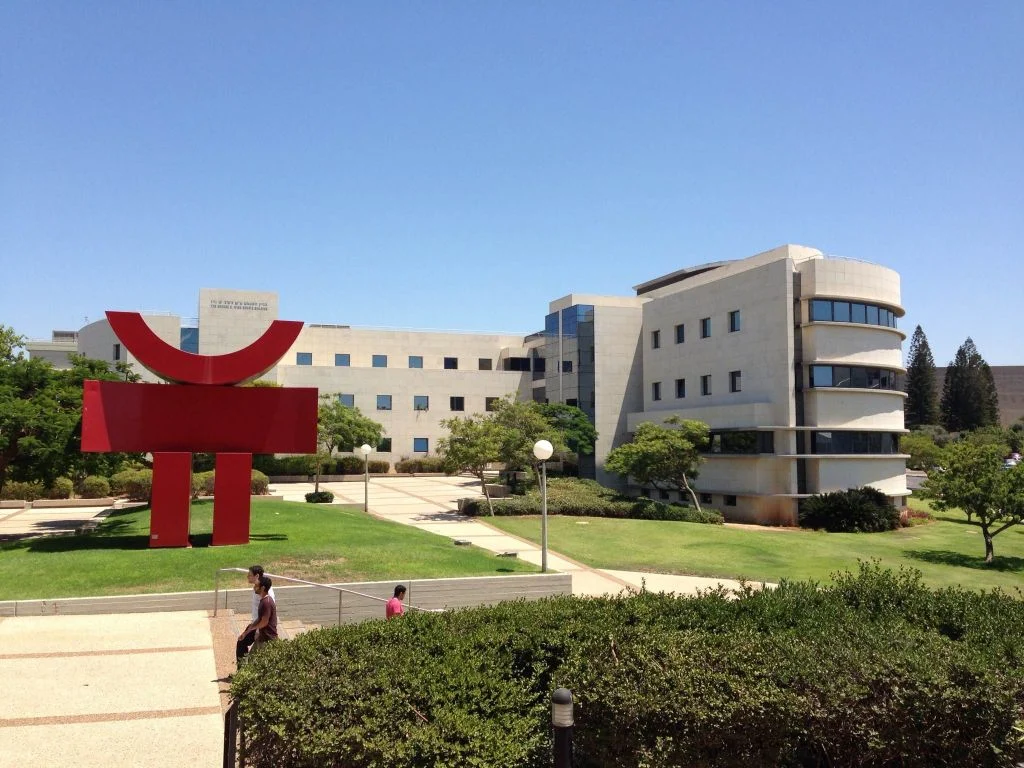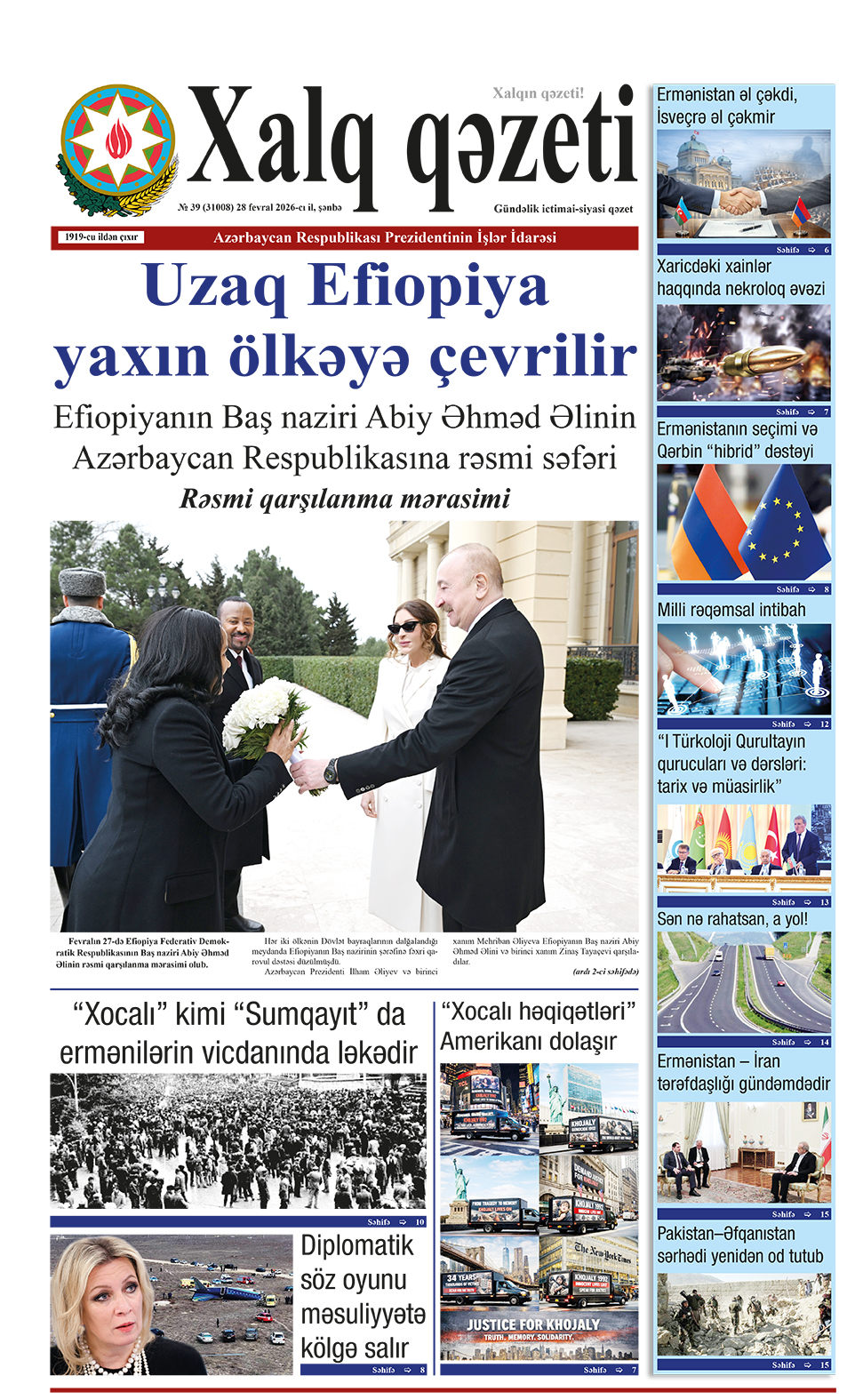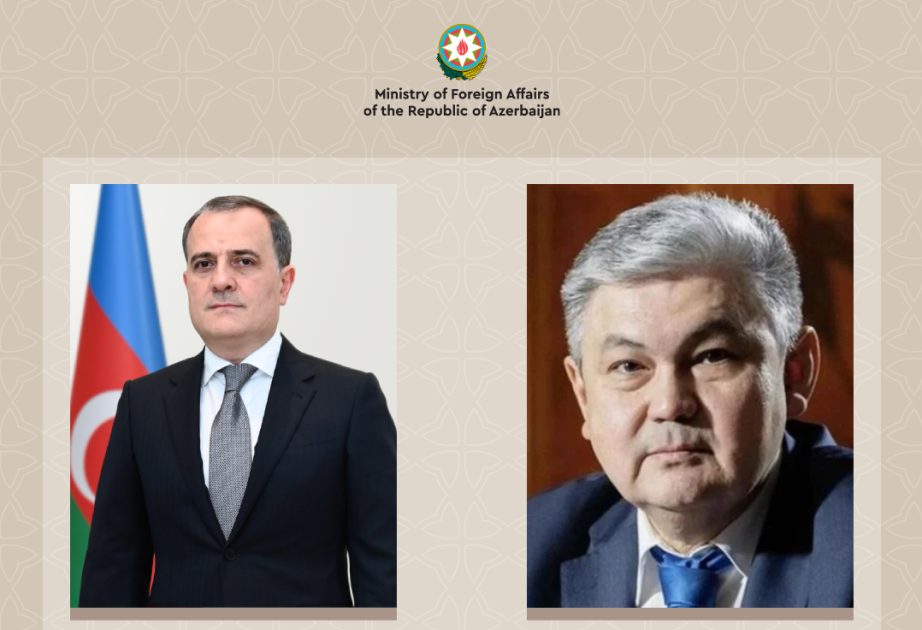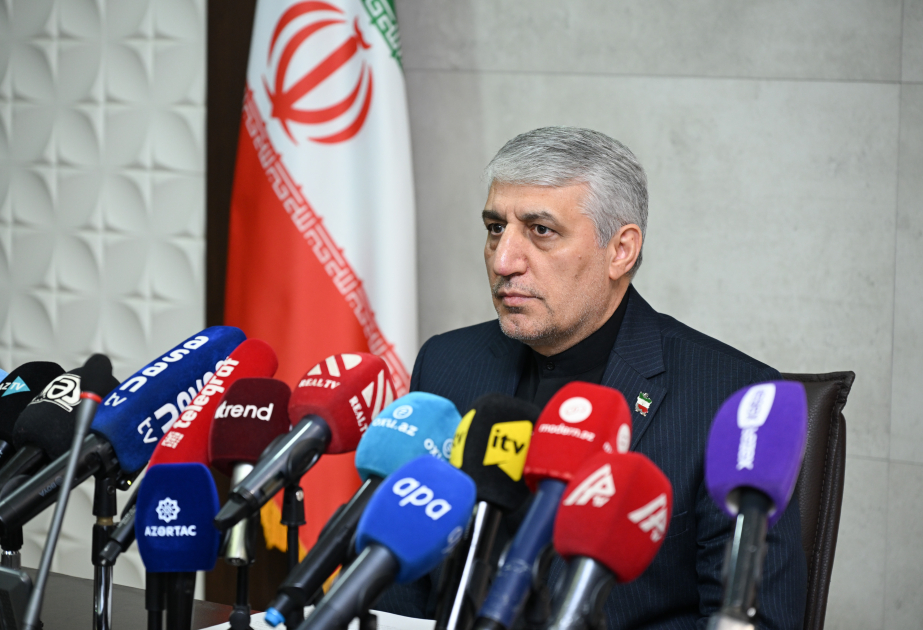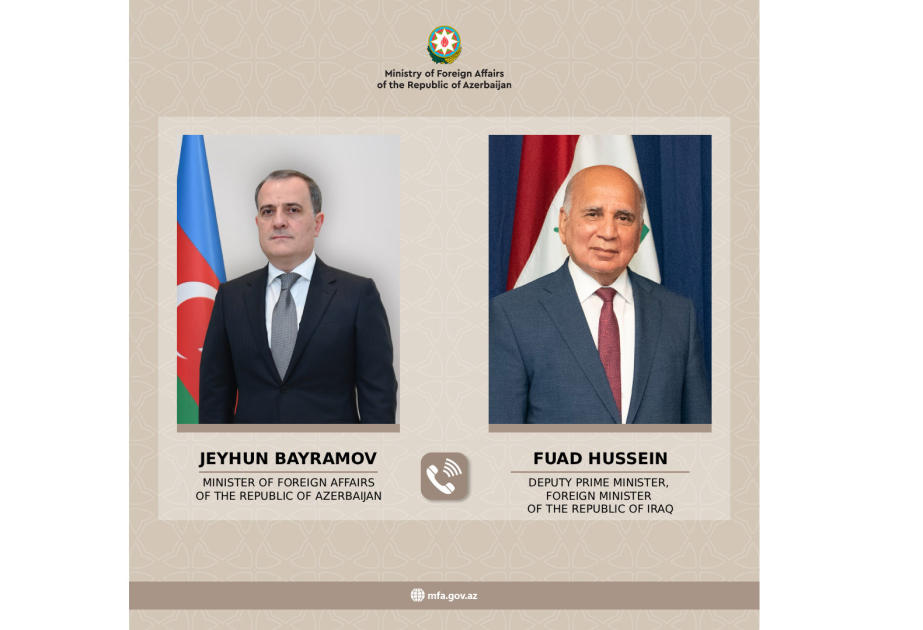On April 15, 39 years have passed since the death of prominent ophthalmologist-scientist, academician Zarifa Aliyeva. His bright memory is remembered with respect by our appreciative people.
AZERTAC takes a look at some moments of academician Zarifa Aliyeva's life and activities on her memorial day.
Zarifa Aliyeva, born in Shahtakht village of ancient Nakhchivan, lived a rich and meaningful life. The life path of his father - prominent public and statesman Aziz Aliyev - was a real school of life for him. Ms. Zarifa was the lifelong companion, friend and comrade-in-arms of National Leader Heydar Aliyev, the architect and founder of the modern independent state of Azerbaijan. She came to her aid when she was the wife of the first person of the republic whom she saw in her father's house. He was the moral support and back of the Great Leader.
Academician Zarifa Aliyeva's research and great achievements as a scientist constitute a special stage in the history of Azerbaijani medical science. After graduating from the Azerbaijan Medical Institute, he continued his education in Moscow, at the Doctor's Training Institute. He started his career in 1949 as a researcher at the Azerbaijan Scientific-Research Physicians Improvement Institute and devoted his entire life to the field of ophthalmology.
Eye diseases, especially trachoma, were widespread in Azerbaijan in the 1940s and 1950s. It was necessary to save people from this problem, as well as to conduct fundamental research on another urgent problem - occupational eye diseases, to develop their effective treatment methods and preventive measures. Thus, life itself determines the topic of the young researcher's scientific research, and he devotes the initial stage of his scientific directions to the treatment of trachoma. He went to the regions where this disease is more widespread, discovered disease centers, gave lectures to ophthalmologists, and conducted conversations among the population.
Not long after, Ms. Zarifa achieved successful results in the application of syntomycin in the early stages of trachoma. At the end of his studies, in 1959, he successfully defended his candidate's thesis on "The treatment of trachoma with synthomycin in combination with other therapeutic methods". The treatment method proposed by him was widely used in our republic and played an important role in eliminating trachoma as a disease.
As an ophthalmologist-scientist, Mrs. Zarifa paid special attention to the diagnosis, treatment of glaucoma and inflammation of the visual organ. He deeply studied the scientifically under-researched field of ophthalmology - the occupational pathology of the organ of vision.
The relevance of this problem was related not only to the extensive development of the chemical and electronics industry, but also to the study of the effect of many new chemical compounds on the visual organ. Ms. Zarifa was the first researcher in this field. For the first time in the world, he created a scientific-research laboratory investigating the occupational pathology of the organ of vision and laid the foundation of a new direction in the world of science - occupational ophthalmology. Summarizing the preliminary results of his research in this field, he wrote a doctoral dissertation on the topic "The condition of the visual organ in the workers of the chemical industry of Azerbaijan". In 1977, he was awarded the degree of doctor of medical sciences.
In 1980, he was awarded the honorary title of "Honored Scientist" for his intensive and productive scientific activity. The large-scale scientific-research works carried out by the outstanding scientist in large industrial enterprises of the republic were reflected in valuable monographs such as "Occupational pathology of the eye in tire production", "Ophthalmology during chronic iodine intoxication" and "Prevention of occupational eye disease in the iodine industry". In 1981, for the successful results of his scientific-research work in the field of occupational pathology of the visual organ and his contributions to the development of ophthalmology, he was awarded the award named after M.I. Averbakh of the USSR Academy of Medical Sciences, the most prestigious award in the field of ophthalmology of the former Soviet Union. She was the first female scientist to receive this award.
Zarifa Aliyeva was elected a full member of the Azerbaijan Academy of Sciences in 1983. He is also the author of a number of textbooks and monographs: "Acute viral conjunctivitis", "Keratitis, diseases of the vascular tract of the eye, retina, optic nerve, cataracts", "Glaucoma and hypertension of the eye", "Damage of the organ of vision", "Tear physiology and histology of discharge", "Eye diseases in diabetes", "Microsurgery of the eye", "Adaptation and protective function of the pupil border" and others. The scientist's "Physiology of Life Paths", "Surgical Treatment of Life Paths", "Protective Surgical Methods of Tear Paths" and other works remain relevant today. He also dealt with the problems of iridodiagnostics and iridotherapy, and prepared two monographs on this field. Zarifa Aliyeva was the first to write books on iridodiagnostics worldwide.
One of Zarifa's opinions about the art of medicine attracts attention: "A doctor is the closest person to a person. He should not separate himself from people, he should not be a self-loving, indifferent person."
Academician Zarifa Aliyeva was also a prominent public figure. He was a former member of the Peace Defense Committee of the USSR, deputy chairman of the Azerbaijan Peace Defense Committee, member of the Board of Directors of the All-Union "Knowledge" Society, and the Presidium of the All-Union Scientific Society of Ophthalmologists. In the book "Zarifa and Heydar Aliyev - Eternal Love" by the popular writer Elmira Akhundova, we read: "He himself did not approach any of his many duties in a formal manner. He personally participated in the discussion of the issues, sparing his knowledge, strength and energy for their successful solution.
At that time, she tried to ensure that the work-related side of her daily life did not exceed her duties as a woman and mother. Sometimes, Ms. Zarifa felt guilty because scientific and social work took away the time she could devote to her family and children."
Mrs. Zarifa has many honorary titles, scientific titles, and awards. Each of these names is a source of pride. But the most honorable among these names is Ana. Ms. Zarifa is the mother of President Ilham Aliyev, a worthy follower of the political line of National Leader Heydar Aliyev.
As her contemporaries said, Mrs. Zarifa was an extraordinary mother and her attitude towards her children was also special. It is difficult to find the likeness of such an attitude. He regarded children as if they were a share of light bestowed by the Supreme Lord. She did not feel sorry for herself, she did not feel sorry for herself in fulfilling her motherly duties. Sometimes mothers reach such high levels of love for their children that they astound everyone. Mrs. Zarifa was one such mother.






